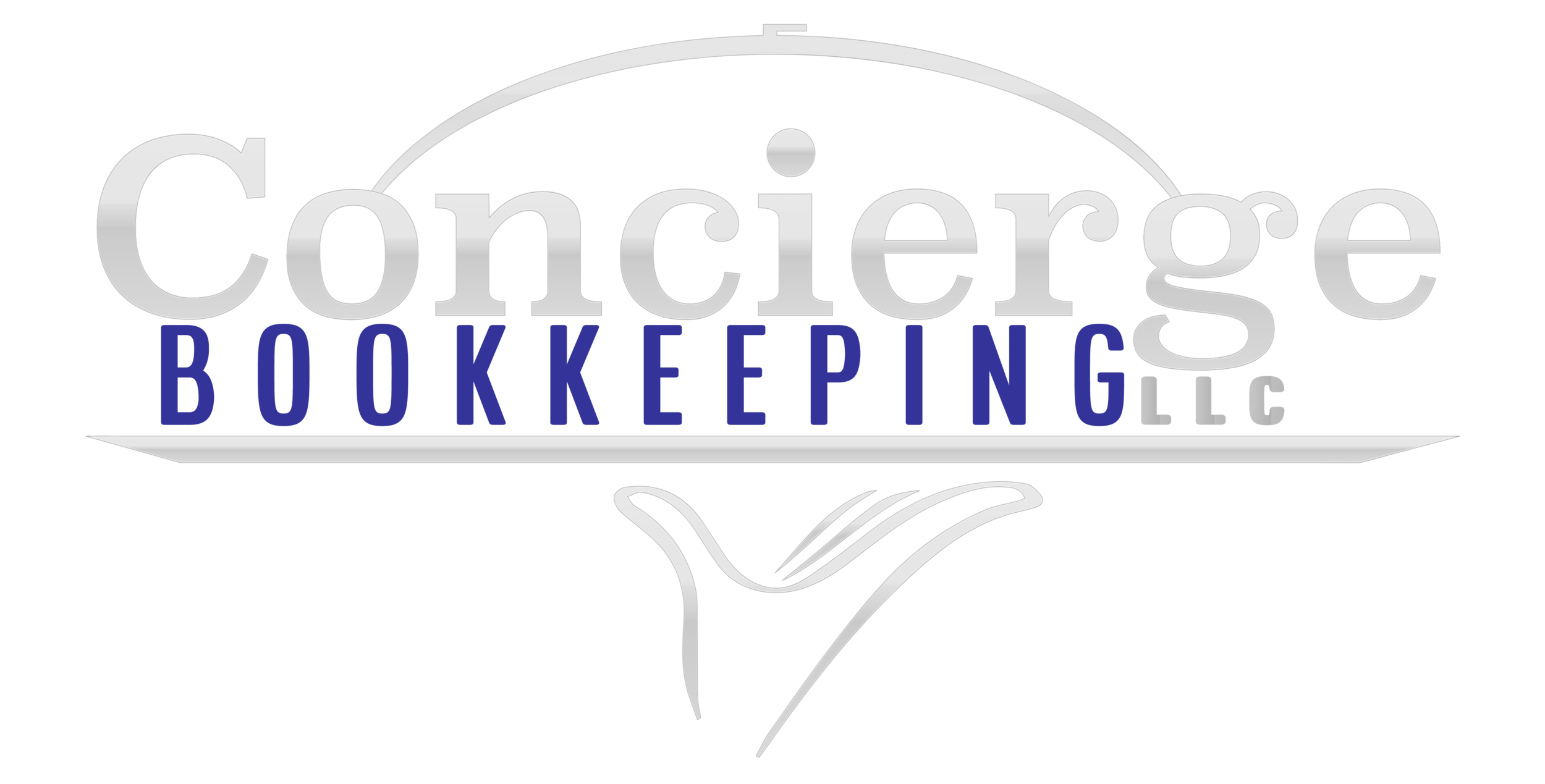Just How Important is it to Keep Good Books
Sure, you might have heard it before – a business doesn’t make good books, good books make a business – but just how true is this actual statement?
If you look at the facts, books aren’t just an obligation to keep for tax purposes; they can also be a fantastic way to monitor expenses, hone in on financial waste, AND reduce loss. Now, we know what you might be thinking:
“Can accurate bookkeeping really help my business to thrive?”
If we’re entirely honest the answer would have to be yes… well, good books and plenty of coffee.
It takes a lot for a bookkeeper to go from newly licensed to extensively experienced. Take our team for example. We haven’t just spent a couple of months pursuing a new career – we’ve dedicated years and years to mastering our services.
That could be one of the reasons why so many businesses in and around Kona choose us to look after their financial records, but we’re not here to blow our own horn; what today’s post is about is teaching you just how beneficial good books could be to your company.
What makes good bookkeeping?
Accuracy, relevance, and performance-based recording. Those are the three things that we swear by when it comes to documenting our clients’ transactions.
It doesn’t matter how large (or small) the business might be, if you don’t make a point of keeping accurate, relevant, and performance-based records, then you could end up suffering in the long run.
How, exactly?
Consider the accuracy of your records for a moment. You might not think that it’s a huge deal to be specific when it comes to the exact amount that you pay for shipping, or receive for a service, but when it comes to paying your tax it will.
And it’s not just the accuracy of your records that can affect your tax bill either; in fact, the relevance of your documentation can play a major roll, too. Let’s imagine for a moment that you just bought a new piece of equipment for your office, but you don’t consider it relevant to your business. You might end up missing out on this tax deductible asset simply by overlooking its relevancy to your needs.
So, where do performance-based records come into play exactly? Well, that’s the difference between a good bookkeeper and a great one.
A good one might make a note of your transactions, file your receipts, and document your information ready for your tax year – but a great one? Well, they’ll often go above and beyond the call of duty.
Things like documenting the cost of products and raw materials, any direct labor costs, and certain overheads might be considered general business expenses; but plenty of them are tax deductible and could save you (and your business) a small fortune.
And this is what we mean when we say ‘performance-based’ recording. With a great bookkeeper at your side, you could hone in one the types of costs that may be better spent elsewhere, or negated, to save you money whilst maximizing your companies’ output.
So, how important is it to keep good books for a business? Incredibly. Basic books might get the job done, but the more effort that you (or your experienced bookkeeper) put into your records, the greater your rewards could be in the grand scheme of things.
